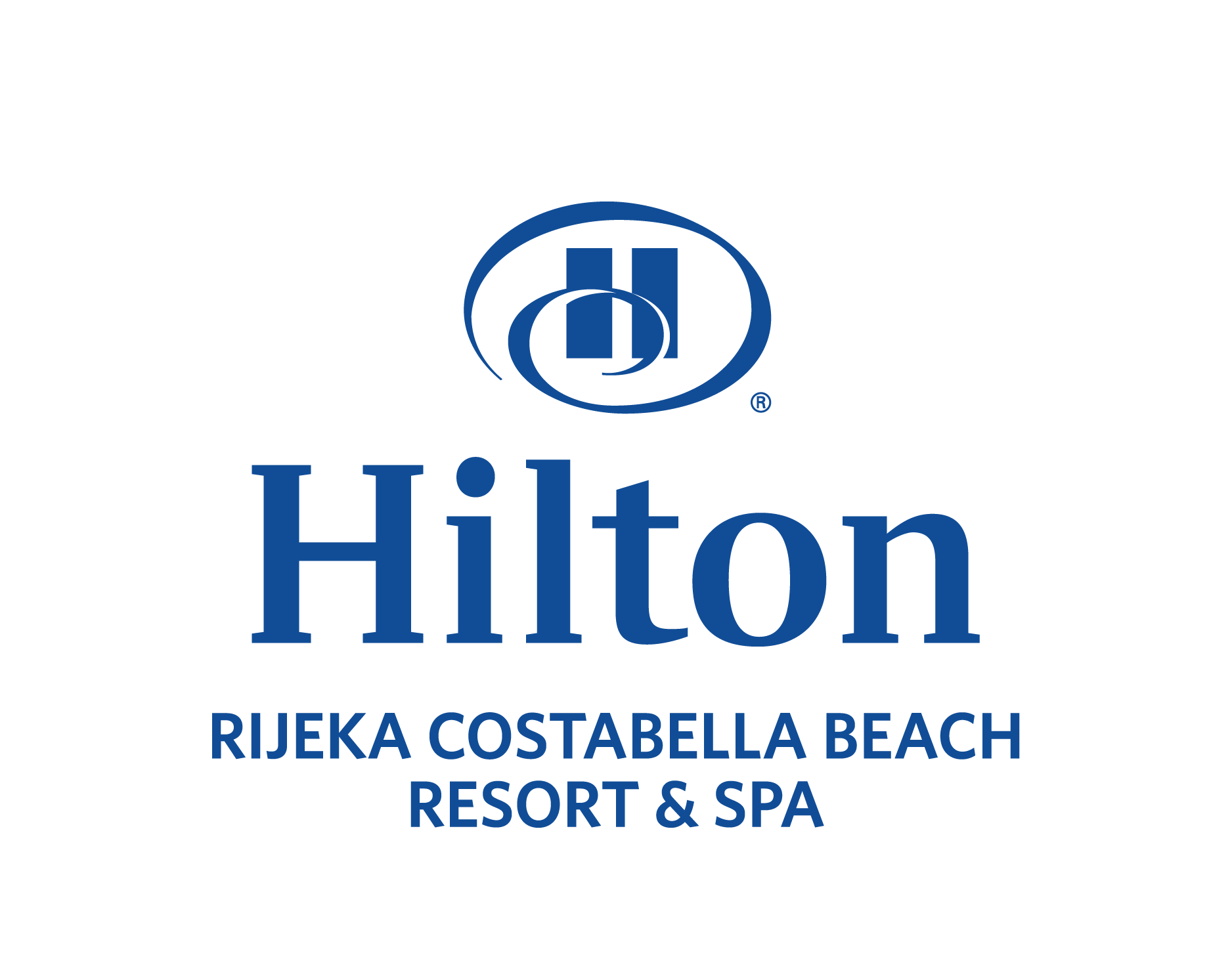
Thank you to everyone for the support you gave us in 2023. We wish you a peaceful and loving, blessed, healthy and successful 2024! Continue supporting us!
- 24.12.2023
- CHILDREN AND YOUTH

https://esavjetovanja.gov.hr/ECon/MainScreen?entityId=21169
From July 7th until August 20th, 2022, e-counseling was held in regard to:
RULEBOOK ON MEASURES FOR THE PROVISION OF SOCIAL SERVICES AND THE CATALOG OF SOCIAL SERVICES AND AUXILIARY TECHNICAL JOBS.
Read the Rulebook carefully and use the opportunity to actively participate in the changes. If you have any disagreements or comments on this proposal of the Rulebook, get involved; or, if you are not sure or do not know how to say it, pass it on to us and we will discuss it and refer it to e-consultation, if your comment, disagreement or proposal is justified.
With regard to the coming into effect of the new Law on Social Welfare, at the beginning of 2022, the legislator is obliged to provide instructions on the implementation of the Law for people to whom a particular right applies (“beneficiaries”), as well as to those who will decide, apply or act when it comes to individual rights of the people they work for (for officials and professional associates working in the social welfare system). Our concerns and criticisms are listed below, and when we receive your comments, we will consolidate them and upload them to the e-consultation portal, or you can do it yourself.
The practice in neighboring countries can serve as a model, given that jobs in this industry are very specific, to recognize all the outcomes of different learning models that contribute to the success of the work of those professionals, about whom we talk so much. When selecting workers, the competencies of the worker are analyzed, not just the “degree”. The lack of workers working in this industry is a common feature of most countries, the systems of the surrounding countries are more or less flexible, but they, unlike our system, take into account the outcomes of lifelong learning.
We rely on outdated, administrative and formal conditions for employment, which does not guarantee that we will have efficient workers in this industry.
Remarks:
“occupational therapist – completed professional studies for the profession of professional bachelor’s degree in occupational therapy, in accordance with the valid regulations of the Republic of Croatia and the approval for work acquired from the relevant chamber or institution”
Remarks: People who have completed this study are not available and there are not enough of them on the labor market, because there is only one educational program in Zagreb that provides formal education for this type of therapy, and it does not give the option of part-time studies, so we ask ourselves: who will carry out these activities?
The proposal is to expand the number of professions that can do this work, with the condition of recognition of work experience and the obligation of professional training. At the same time, there is a proposal to enable part-time studies or specialist studies, or those that are verified by the designated ministry and/or recognize competencies acquired at other studies, and during professional training and work experience.
Namely, the practice, in other EU countries or the UK is (read in our Handbook), for certain professions in the social welfare system, that work experience and competencies acquired at work are recognized, along with additional professional training that the person undertakes to achieve, if employed. A similar situation was “resolved” by this Rulebook for “educators”, for which other professions are also recognized, so the number of professions for which a person has been formally educated has expanded. Not a word is said about work experience and professional development.
“educator – completed specialist graduate professional studies or undergraduate and/or graduate professional studies or undergraduate and/or graduate university studies, or integrated undergraduate and graduate university studies in social work, psychology, social pedagogy, educational rehabilitation, speech therapy, sociology, philosophy, kinesiology, of pedagogy, theology, early and preschool education, occupational therapy, or completed studies of the appropriate type for work as a teacher or educator”.
The same applies to the jobs of art and music instructor, for which a high school education in art is required, which on the one hand is an opportunity for these people, but on the other they need support in the form of additional professional training.
It is even more absurd that a graduate degree in music is recognized as giving competencies to work as music therapist, which, in reality, absolutely does not guarantee the competence necessary for the implementation of “music therapy”. Music therapists are people who have completed a specialist study of music therapy, whereas in the case of an “art therapist”, for whom a completed study of fine arts is required, which does not guarantee that this person will know and be able to conduct art therapy.
An “art therapist” does not have to be a person who has completed the study of fine arts, but has been trained in art therapy. At least it is so in other countries, because it can also be a person who has completed some other formal education with additional training for that profession – a music or art therapist. This provision disparages the profession of “therapist” and/or does not understand the job description of this profession. Therapy is work with a person whose purpose is to support that person in order to achieve some positive changes, and for these professions the same conditions as for other therapists should apply, such as the condition that a licensed psychologist therapist must complete 4 or 5 years of therapy school after studying , be registered, etc., which is also necessary for these terpeutes. Art studies provide training for understanding art, artistic techniques, encouraging the talents of artists, but not for working in the social system, therefore we consider this superficial and uninformed approach risky for the people it is intended for.
“music therapist – professional worker with completed undergraduate and graduate university studies, or integrated undergraduate and graduate university studies in the field of musical art
art therapist – professional worker with completed undergraduate and graduate university studies, or integrated undergraduate and graduate university studies in art pedagogy/fine arts”
For example, in the UK, it is additional training after graduation, and the person must be registered, which represents state control over working with another person at risk, which is necessary because it is therapy. There is a difference between artistic or musical counseling work and therapeutic work, as in any other profession related to therapeutic work. For the most part, these are not people who have completed art studies, but people who work in the social care system, more at https://www.prospects.ac.uk/job-profiles/art-therapist. for example
“To practice as an art therapist in the UK, you must be registered with the Health & Care Professions Council (HCPC). In order to register, you must successfully complete an HCPC-approved postgraduate qualification in art therapy or art psychotherapy. All UK approved courses lead to a professional qualification and eligibility to apply for registration with the HCPC and membership of the British Association of Art Therapists (BAAT).
You’ll usually need a first degree in fine art, visual arts or art and design to get a place on a postgraduate course. However, other graduates with experience of working in health, education or social care may be accepted if they have a commitment to the practice of the visual arts and personal involvement in art making. Relevant degree subjects include: education/teaching, nursing, occupational therapy, psychology, social work. Some courses may also accept graduates with degrees in the humanities, social sciences or sciences. Applicants without a degree may be accepted by some course providers if they have an equivalent professional qualification and significant relevant experience. Entry requirements vary between providers, so check with them individually. For an up-to-date list of course providers, search the list of HCPC-approved education and training programs. Course providers require you to have experience of artistic practice and will ask to see a portfolio of recent artwork…”
That is why we propose to expand the circle of educational profiles, with the condition of additional training for these professions. Given that there are no studies for these professions in the Republic of Croatia, one must:
either change the job title or enable professional training with the obligation to attend those studies that now also exist online.
Article 22 point: 9. professional associate – professional worker with completed undergraduate and graduate professional or undergraduate and graduate university studies or integrated undergraduate and graduate university studies and 10. associate – professional worker with completed undergraduate professional or university studies – which jobs does it relate? It is not defined what it refers to and we do not see the difference between the 9th and the 10th.
“9. professional associate – professional worker with completed undergraduate and graduate professional or undergraduate and graduate university studies or integrated undergraduate and graduate university studies.
associate – expert worker with completed undergraduate professional or university studies”.
It is suggested that these provisions be additionally introduced, considering the fact that the actual supply of people who could do these jobs is small, that the competencies of those who graduate from high school are not sufficient for working with risk groups, that it is necessary to acquire additional competencies for these professions .
6. Article 26. (7) Within the half-day stay service, one meal per day is provided (breakfast or lunch or snack) – it is not defined how the preparation of meals is ensured, that is, the conditions for contracting the delivery of ready-made meals and who can share meals?
It is proposed to additionally define the conditions for concluding a contract on the delivery of ready-made meals and the conditions for sharing meals. Who is allowed to do this in organizations that are not state-owned and large enough to have employed chefs and other staff.
As above, it should be clearly stated who is allowed to cook and share food.
Article 40 (1) Social mentoring includes: professional assistance to a long-term unemployed person who is a beneficiary of a guaranteed minimum benefit, a child of a beneficiary of a guaranteed minimum benefit, a person with a disability, a beneficiary whose right to accommodation or organized housing ends, a beneficiary who is a victim of human trafficking and to the user after the execution of the prison sentence, aimed at empowering them for work activation and active participation in society in accordance with their own capabilities and/or needs in order to strengthen the user’s strengths and abilities to more successfully deal with unfavorable life circumstances and better integration into the community in which he lives.
(2) The activities referred to in paragraph 1 of this article, according to the assessment of the case manager, are carried out by professionals referred to in Article 21, point 1.3. to 5. with additional training in the field of social mentoring.
Mentoring programs, including social mentoring, are the oldest programs for providing social support. We at the SEC implement a mentoring program for people with disabilities, for which we also wrote a manual for mentors, as well as for which volunteer positions we train our volunteer mentors.
Our program is a type of mentoring program called peer mentoring. Social mentoring is a form of mentoring programs aimed at work activity. We also implement such a program with some of our users.
In the Rulebook, and we have not been able to get the information so far with a direct inquiry, it is not stated who conducts this education, and who will be able to be a mentor.
According to the posts in the media, until now the social mentoring training program included social workers who should also be mentors.
We do not know the details and we believe that this social service is too superficially defined, while at the same time being extremely important. It is not clear how social workers will perform these tasks in addition to all other tasks, and it has been shown that mentors are more efficient if they are volunteers, that is, if they voluntarily create supportive relationships.
These programs were implemented within the EU project: for example: https://www.bijelikrug-hrvatske.hr/wp-content/uploads/2020/11/Prirucnik-za-mentore-za-socijalno-ukljucivanje-1.pdf?fbclid=IwAR2iXAXGdxd4jQPbJiZJCIRVU93hMwxPT0nbu-JIHREgU0BEa_fjceb6Vvw or https://bistra.si/images/2019/Dijana_Vukovic_-_Uloga_socijalnog_mentora_u_provedbi_socijalne_aktivacije.pdf or ili https://www.nacional.hr/socijalno-mentorstvo-kao-metoda-aktivacije-marginaliziranih-skupina-na-trziste-rada-i-ukljucivanja-u-lokalnu-zajednicu/ or https://www.glasistre.hr/hrvatska/dodijeljeno-245-certifikata-za-prvu-generaciju-socijalnih-mentora-806086
It is proposed to clearly define: who and under what conditions can maintain additional education in the field of social mentoring? Can we in the association do this, given that we are among the only ones in the Republic of Croatia that deal with the mentoring program, since its foundation in 2013?
Can we be mentors and will it be a paid job, as it will be part of the job description in state institutions, that is, in the Social Work Fund? We are ready to implement this service, but we are looking for more transparent information about who will provide this service and how, and have all the possibilities of this great program been taken into account?
It is not clear how it will be implemented, except as a social service to which the mentioned group will be entitled; we are interested in the work plan of such mentoring.
That’s it for now, we’ll continue soon. Now you add your suggestions.
Below is a proposal and a link to e-counseling.
Rulebook on standards for the provision of social services and Catalog of social services and auxiliary technical jobs



Udomljavanjem naših ukrasno-uporabnih predmeta sudjelujete u provedbi naših programa za mlade s teškoćama u razvoju i psihosocijalnom funkcioniranju. Mi ćemo vam zato pokloniti jedan ili više predmeta koje smo sami napravili.